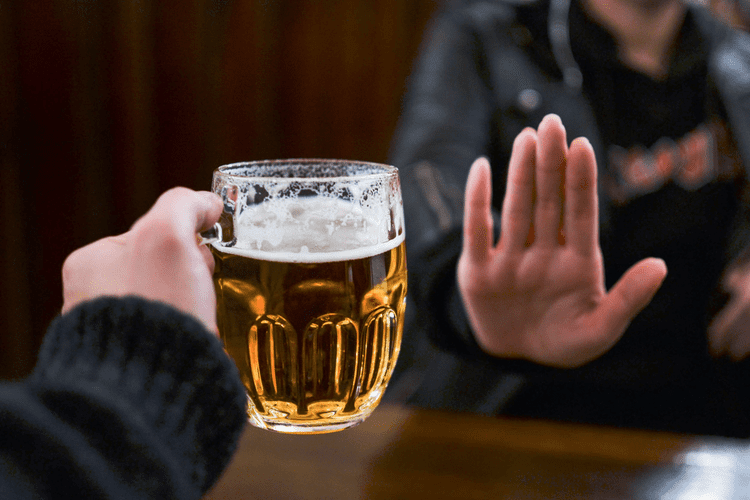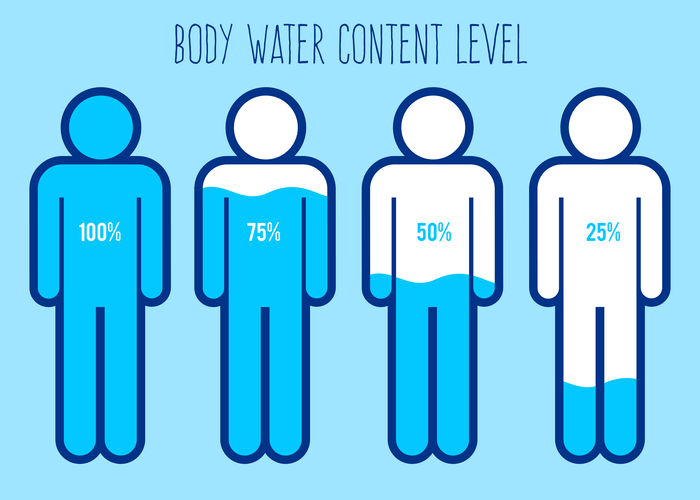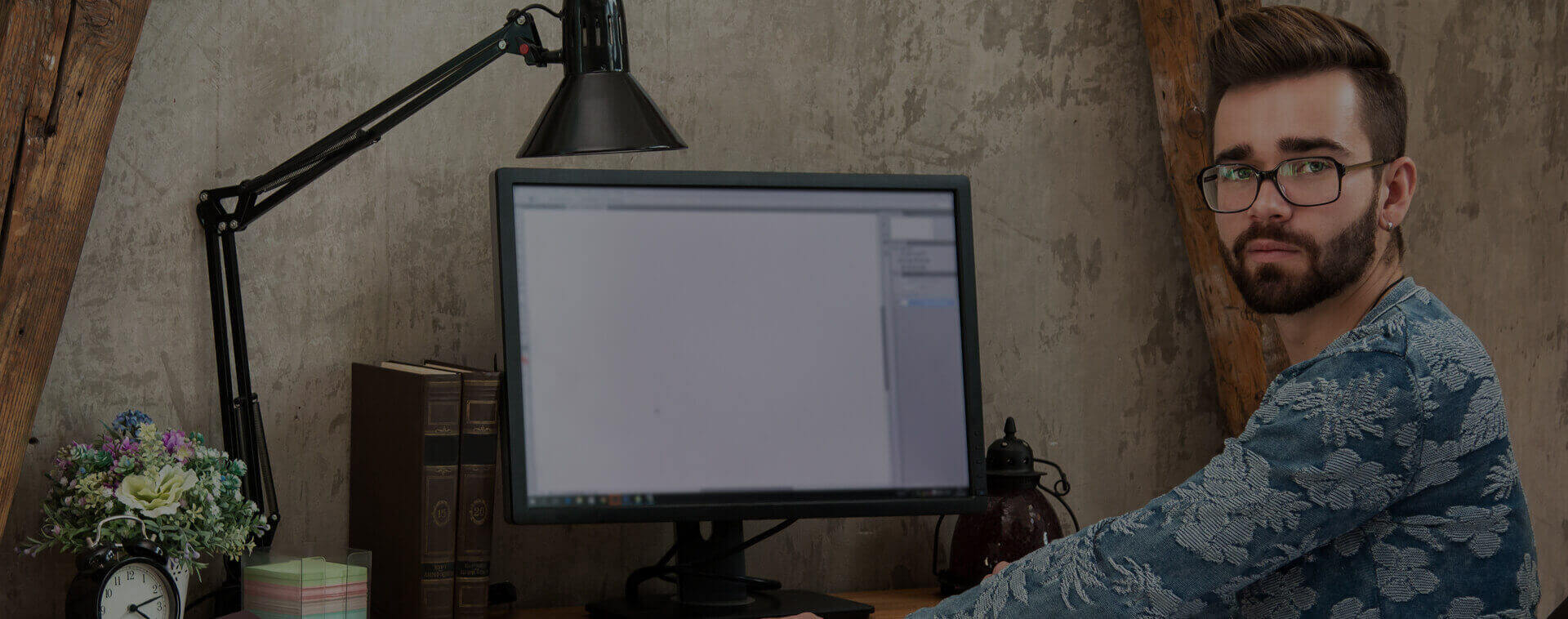Content
Some studies have found that when laboratory rats are deprived of REM sleep it can result in death within a few weeks. Buddy T is an anonymous writer and founding member of the Online Al-Anon Outreach Committee with decades of experience writing about alcoholism. Diagnostic and statistical manual of mental disorders (5th ed.). Alcohol has been shown to negatively impact sleep, but this comes down to the individual. Consuming alcohol and experiencing restricted sleep reduces alertness during the day. Alcohol can increase the quantity of non-REM sleep during the first half of the night, but it decreases REM sleep in the second half. Verywell Health uses only high-quality sources, including peer-reviewed studies, to support the facts within our articles.
- These definitional and methodological issues make interpretation of the literature difficult.
- These side effects can have potentially dangerous consequences, as they put a person at risk of accidents and losing consciousness.
- Sleep apnea can persist for years even after you stop drinking.
- Proceed with caution when drinking before bedtime, as alcohol may be affecting your sleep more than you realize.
- Johnson JE. Insomnia, alcohol, and over-the-counter drug use in old-old urban women.
We’re here 24/7 to help guide you or your loved on through rehab and recovery. Submit your number to receive a judgement-free call today with one of our compassionate rehab specialists. Take your life back by getting started in a treatment program today. Someone looking for treatment for their Insomnia, without taking their alcohol use into consideration, could make the problem worse. If they aren’t forthcoming about their dependency or possible addiction, then a doctor can’t prescribe proper treatment.
How The Brain Controls Sleep
Physical dependence and withdrawal phenomena occur with long-term use of benzodiazepines, and all medications in this class can cause rebound insomnia following discontinuation. No studies have demonstrated the hypnotic efficacy of benzodiazepines beyond 12 weeks. For these reasons, benzodiazepines should probably be considered only after alternative therapies have proven ineffective . These cautions probably apply to the nonbenzodiazepines as well, although studies of their chronic use and abuse in recovering alcoholic populations are limited. Removing stimulant use six hours prior to sleep, and avoiding late meals and naps are simple advice that may be helpful.
You’re not sleeping well — or at all — but symptoms are starting to spread to other areas of your life. Alcohol may reduce REM sleep in the first half of the night, creating an imbalance in your sleep cycle. This can decrease your sleep quality and may lead to less sleep and more awakenings.

When you share your thoughts, you no longer need to hold on to them in your mind. Another cause, as you may be dealing with now, is quitting alcohol. Now that you are sober, your mind and body must learn how to regulate all its functions again. “You can obviously rev yourself up and make yourself more excited,” Morrow said.
Here’s when to soak it in and when to avoid it for dreamier sleep and more energetic… “The take-home message is not to resort to alcohol as a go-to sleep aid. If you’re having trouble sleeping, wean off alcohol, especially if you’re having problems maintaining sleep,” said Gamaldo. Drinking too much wakes you up for two main reasons, explained Gamaldo. First, alcohol is a diuretic, so your body works hard to metabolize it and creates large volumes of urine to help you get the alcohol out of your body. So, you’ll likely need to get up in the middle of the night to use the bathroom. “That sense of a hangover is actually from intense dehydration from your body getting rid of all that alcohol,” said Gamaldo. The key is to drink in moderation and give yourself time before going to bed so the alcohol can clear your system.
How To Deal With Alcohol Withdrawal Insomnia
Establishing good sleeping habits, also known as sleep hygiene, is an essential first step in good sleep. Ideally, you should wake up and go to bed at the same time each day. Stimulants such as caffeine should be avoided, especially at night. Using electronics like TV or smartphones before bed should also be avoided. The duration of these sleep stages can vary by person and by age. Throughout the night, your brain will cycle through all of the sleep stages multiple times to give you a good night’s rest.
“Since alcohol acts on many proteins, other proteins also contribute to its inhibitory activity in the brain, as well as the excitation that wakes people in the middle of the night,” she said. ” GABA-A receptors are very sensitive to alcohol, and play a major role in the mystery of alcohol’s actions.” Sleep and circadian rhythm disruption from alcohol also contribute to next-day tiredness, fatigue, irritability, and difficulty concentrating.
How Much Does It Take To Affect Sleep?
Without proper treatment, returning to alcohol use may seem to be the only solution. Taking any other substances that have a sedative effect should be avoided unless a doctor prescribes them. Doing so without medical supervision can trigger a new addiction to another substance.

Typically, GABA binds to these receptors and opens a channel, letting chloride ions move inside of neurons. The answer has to do with alcohol’s powerful effects on the central nervous system, said A. Leslie Morrow, a professor of psychiatry and pharmacology at the University of North Carolina School of Medicine. Addiction is a family disease because it damages every person in the family unit. But with professional help, recovery is possible, and the family unit can heal.
How Do Sleep Problems Threaten Recovery?
Drinking too much is likely to have the opposite effect and leave you feeling groggy and possibly hungover the next day. First, alcohol affects everyone differently because of a slew of factors, like age, biological sex, and body composition, just to name a few. If you turn to booze to help you snooze, you could be messing with the quality of your sleep. Aldrich MS, Shipley JE. Alcohol use and periodic limb movement of sleep.
Many of us know how alcohol can make us feel drowsy or tired, and a significant number of us actually use its sedative effects to help us get to sleep on a regular basis. But as research into the subject continues to grow, experts are warning that drinking can impact the quality and quantity of our slumber in ways we’re probably not aware of. Alcohol’s sedative quality can rob you of energy in another way. Drinking wine, beer, or hard liquor during the day can make you feel drowsy or lethargic. If you didn’t sleep well the night before, even one drink can make you drowsy, especially if you drink during one of your usual low-energy times — for example, midafternoon or late evening.
Piedmont Healthcare
Heavy drinking can make the sleep- and circadian rhythm-disrupting effects of alcohol worse. But even a regular, moderate routine of two to three drinks a day is enough to create sleep and performance problems for many people.
Alcohol and fatigue – Harvard Health
Alcohol and fatigue.
Posted: Thu, 17 Nov 2016 01:16:50 GMT [source]
Both drinking alcohol and withdrawing from alcohol can cause problems with sleep maintenance. If you are currently experiencing insomnia after quitting alcohol, you are probably wondering how long it will last. That’s not a simple answer due to the many differences in each person’s level of addiction. For some, a few weeks of tossing and turning may be all they experience.
How Alcohol Impacts Sleep Quality
Submit your number and receive a free call today from a treatment provider. If you or a loved one are suffering from Insomnia that you believe is tied to an alcohol use disorder, then your problem is likely more severe than you realize. 20% of adults in the US use alcohol to help them fall asleep. Drinking too much on a single occasion, alcoholic insomnia or over time, can have a serious impact on your health. Boulder Medical Center offers these nutrition recommendations for those who consume alcohol in moderation or in excess, now or in the past. I wanted to give up alcohol for her and to be a better mother, and in many cases having an external motivator makes the commitment stronger.

So, before you reach for that nightcap, consider whether you really need it. When you sleep, your respiratory resistance rises due to weight and gravity. Normal people double their respiratory resistance while they sleep and those who snore have a respiratory resistance four times higher. Drinking alcohol can raise the respiratory resistance four to five times more. If someone snores already and then drinks alcohol, their respiratory resistance rises up to 8 times higher. If it has been months and you are still struggling to understand how to deal with alcohol insomnia or other severe sleep disturbances in recovery, it may be time to get help. A sleep doctor or specialist may be able to help you overcome these problems once and for all.
Get Help For Alcoholism
Every single part of your body is affected negatively when you don’t get quality sleep. Your skin can develop rashes Sobriety and become dry, you may find it hard to focus, and your blood pressure can rise, leading to heart disease or stroke.


